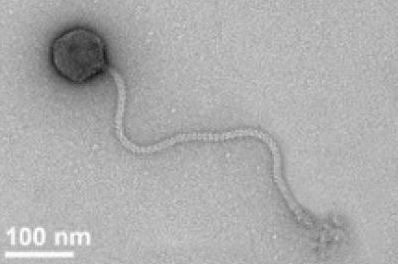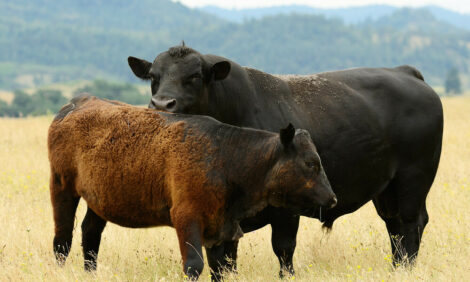



Rotting Zebra Bacteria Can Kill Anthrax
NAMIBIA – A Zebra carcass has yielded a team of bacteriologists with a possible solution to anthrax bacillus.Bacillus phage Tsmamsa was discovered in a Zebra carcass on the plains of the Etosha National Park in Namibia and was found to invade and kill bacillus anthracis.
The phrase ‘bacteriophage’ literally means ‘bacteria eater’, which University of California researcher, Dr Holly Ganz said it can do ‘voraciously’. Tsamsa is one of the largest ever bacteriophages to be discovered.

During the study, which was published in the journal PLOS One on Monday, the team found Tsamsa would also infect closely related bacteria, including food poisoning bacteria Bacillus cereus.
Furthermore, by sequencing the genome, the team was able to identify lysin, an enzyme used to kill bacterial cells as an antibiotic of disinfecting agent.
An advantage of bacteriophages in they have specific targets, leaving beneficial bacteria hitting unwanted bacteria.
Dr Ganz said that bacteriophages are a possible tool in the battle against antibiotic resistance and, up until the discovery of penicillin, held strong interest as an antimicrobial agent.
Research into bacteriophages was eclipsed in the West at this point, but in the Soivet Union research continue.
"With growing concerns about antibiotic resistance and superbugs, people are coming back to look at phages," Dr Ganz said. "You might use it to detect the anthrax Bacillus or B. cereus; use it as an alternative to antibiotics or as part of a decontaminant.”
Professor Wayne Getz at the UC Berkeley led the project and Professor Jonathan Eisen at UC Davis conducted the sequencing of the phage genome.
TheCattleSite News Desk


